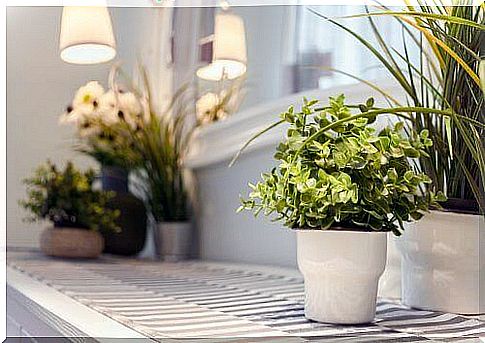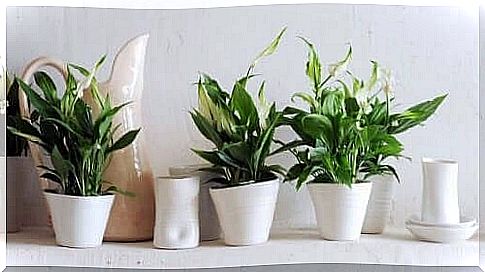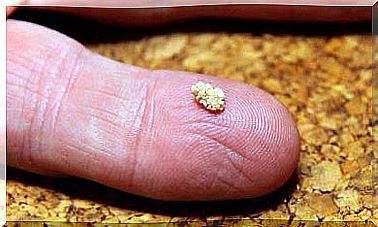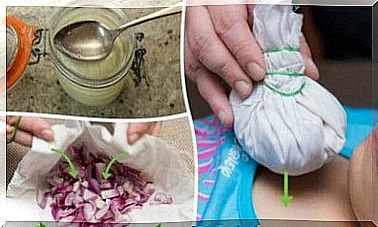Some Good Tips For Caring For Indoor Plants

Indoor plants require special care. Plant type, light, irrigation and temperature are all factors you need to consider. If only one of these factors is not present, is not sufficient, or it is too much, your plant will either weather or die. Read on to see how you can take care of indoor plants.
Plants often die because their needs are unknown, rather than from poor care. A pleasant and comfortable environment for a human being does not necessarily have to be the best environment for a plant.
Basic tips for caring for indoor plants
First of all, these tips are good to keep in mind:
Choosing the type of plant is important
There are certain species of indoor plants that need very specific care and environment, while others thrive with minimal effort.
When buying plants, it is important to find out what environmental conditions they need. Then you can decide if you can offer the right environment.
Tips for caring for indoor plants: All plants require sunlight
Indoor plants with dark leaves and ferns need less light. If they do not get enough light, they will still start to suffer. The leaves turn yellow and the stem becomes abnormally long. The plant becomes stressed and loses its vitality.
Therefore, it is necessary to observe how the plant reacts and adapts to where it stands. If it does not get enough light, it must be moved.
Remember all environmental conditions
Having a plant at the right temperature is also very important. Sudden changes in temperature can damage them. It is also best not to place them near heat or cold sources.
In addition, irrigation is also an important point. The most common reason for indoor plants to weather is due to too much water. The earth lets you know if there is too much or too little water. It should be moist, but not soaked and muddy.
The ambient temperature can also affect the water demand of the plant. If the air is drier than normal, the plant will require more moisture. In these cases, you should moisten the leaves periodically with a spray bottle or watering can. This is a great way to take care of indoor plants.
Tips for caring for indoor plants: Watering

- You can water the plant from below. You do this by placing the pot in water for a few minutes. This allows it to absorb the required amount of water.
- The best flower pots for indoor plants are clay pots. These are porous and promote growth. But plastic pots can also be used.
- When the tray or plate under the pot has water in it, empty it. The water is excess water that the plant no longer needs. You can also fill these trays with stone or gravel so that the bottom of the pot does not touch the residual water.
Take care of the soil, roots and leaves
- For transplanted or grafted plants, you need to keep a close eye on the growth. You want to prevent the roots from getting too tight and grinding in the pot, as it deprives the roots of air.
- When replanting, there is a good chance of replacing the soil. Some plants require soil with certain traits or nutrients, so you should familiarize yourself with what soil your plant needs.
- Keep the leaves clean. This helps keep your plant healthy. The leaves of an indoor plant quickly become dirty or dusty. To clean them, you can rub them with a damp cloth with a few drops of glycerin. Glycerin helps keep dust from sticking to the leaves, making the leaves shiny.
- Compost can be beneficial to the plant, especially when they spend most of their lives in the same soil. The topsoil can be depleted, which drains the plants of much-needed nutrients. As the plant grows and blooms, it needs more food and nutrients.
- Pay attention to fungi and parasites to care for indoor plants. Indoor plants can also get sick from parasites. You need to keep an eye out for spots on the leaves that may indicate the presence of pests. If you think that parasites are affecting your plant, it is best to consult a specialist.
Plants not only contribute to the decoration of the home, but they also provide oxygen and moisture. In order for them to be healthy and happy, it is necessary to take care of indoor plants with care adapted to their needs.









